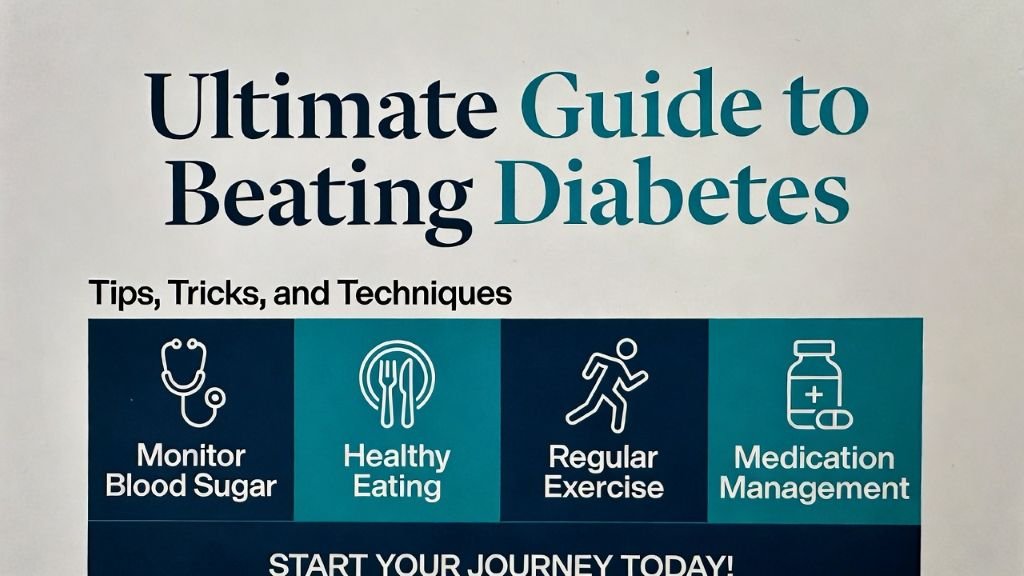As energy drinks become more and more popular, questions about their safety and efficacy are growing.
Safety concerns associated with energy drink consumption include adverse effects on the cardiovascular, neurological, gastrointestinal, renal, and endocrine systems, as well as psychiatric symptoms. For example, cardiovascular complications associated with consumption include elevated blood pressure and heart rate, arrhythmias, endothelial dysfunction, coronary artery spasm/thrombosis, myocardial infarction, and sudden cardiac death. Further, all the actual ingredients – names, quantity, and quality – are often not listed on the labels. Some groups are especially susceptible (see “vulnerable populations” below).
Efficacy concerns are that the data are inconclusive. Some studies suggest energy drinks may improve physical or mental performance; others show that these drinks degrade performance. Poor study design, nonrandomized/inadequately blinded studies, selection bias, variable dosing, and manufacturer sponsorship and execution of studies are the main issues. Because energy drinks are frequently classified as supplements or nutritional products, they are not subject to the scrutiny that the FDA and other regulatory bodies ordinarily apply to other food, beverages, and drugs.
In summary, energy drinks are a weakly regulated product that anyone can buy and consume — a product of questionable efficacy that is associated with significant adverse events, especially in vulnerable populations.
In the ACSM Contemporary Issues Paper (February 2018 issue of CSMR), they have highly encouraged consumers, parents, physicians, athletic trainers, personal trainers, and coaches to follow these ACSM-endorsed recommendations. These energy drinks:
- Should not be consumed by children or adolescents
- Should not be used for hydration by children and adolescents, and information about the absence of benefits and potential adverse effects should be provided to those who interact with young persons
- Should neither be available for sale in K-12 schools nor advertised to children who attend such schools
- Should not be marketed to (nor consumed by) vulnerable populations, including:
- those younger than 18 years
- pregnant or breastfeeding women
- caffeine naive or sensitive individuals
- those taking stimulant or caffeine-based medications
- those with certain cardiovascular or medical conditions.
- Should be avoided before, during, or after strenuous activities, until such time that proper safety and efficacy data are available
- Should not be marketed premixed with alcohol or consumed with alcohol
- May contain high levels of carbohydrates and calories, which can contribute to obesity
- Should not be consumed close to bedtime
Also, of great importance:
- Energy drink manufacturers should not promote excessive or rapid consumption of their energy drinks, as this pattern has been associated with increased adverse events
- Education about energy drinks and their potential adverse events should be encouraged, especially in schools and universities
- Healthcare providers, athletic trainers, sports medicine physicians, and personal trainers should educate their patients or clients about energy drink use and potential adverse events
The bottom line: until sufficient safety and efficacy data on energy drinks is available, avoid these products! Safer alternatives include water, milk, juice, or sports drinks.
If you want to drink energy drinks, here’s a Guide On The Benefits of Drinking Energy Drinks.
Please review our business at: Google Yelp Facebook
If you’d like to learn more, please visit our Member’s Area to access our subscribed content.
Did you know you can work out and exercise with a trainer at your home, office, hotel room, or pretty much anywhere in the world with online personal training?
Like us on Facebook/Connect with us on LinkedIn/Follow us on Twitter
Make sure to forward this to friends and followers!






